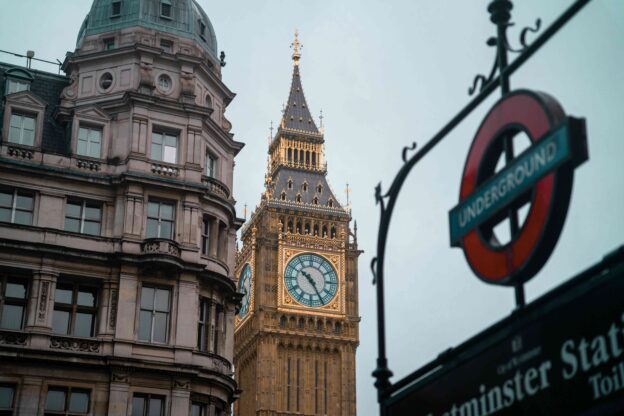GK’s Thea Southwell Reeves examines how Labour has placed early years at the heart of its social mobility agenda by focusing on high-quality, education-led provision.
Early years is a priority for government and has been since it first entered office last year. High quality early years education is a cornerstone of the equal opportunities ‘mission’ to break the link between a child’s background and their future success. Bridget Phillipson had championed early years long before the election and the appointment of the first ever early years minister was an indication of the priority it would have in the new Department for Education (DfE).
Although several of Labour’s early years policies have continued the work of previous governments, this government’s key ideological shift is away from seeing childcare as simply an economic issue to a focus on the provision of high-quality early education as a driver of social mobility. Addressing regional gaps in childcare provision known as ‘childcare deserts’ is fundamental to this, as is increasing the focus on quality to close the growing disadvantage gap in school readiness.
During its first year, the government’s priority has been implementing the final stages of the funding entitlements roll outs, which were completed this month. Now, eligible working parents of children aged 9 months to 5 years are entitled to 30 hours of funding per week. Overall, the expansion of funding has driven demand for spaces. The government had set a target of creating 85,000 new early years childcare places by September 2025 to support the roll out of funding expansions. It is not yet clear whether this target has been met, butInitial analysis suggests that most of this additional capacity has been concentrated in areas where provision already exists rather than creating new capacity in childcare deserts.
The government’s schools-based nurseries programme is designed to focus new provision in disadvantaged areas with 189 of the 300 government-funded new or expanded in-school settings opening this month. About 10% of school-based nursery provision is delivered by a PVI partnership. The second phase of funding is now open for applications and is prioritising high quality bids from schools in the most disadvantaged communities.
What’s next for early years?
The funding rates to deliver the government-funded childcare have always been contentious, with the industry maintaining that the funding simply does not reflect the true cost of provision. This has led many providers to use additional charges to ‘top up’ their income but the government has pushed back on this, revising the guidance around chargeable extras earlier this year. In its new strategy for the sector, published in July, the DfE announced a full review of early years funding, including the merits of national funding formulae. It will consult on proposals by summer 2026 and businesses should be monitoring and contributing to this process. The strategy also includes plans to increase the funding available to providers to support children with SEND and improve the way funding is allocated as part of the government’s wider reforms to the SEND system. More detail will be set out on this in the schools white paper this autumn.
The early years strategy, for the first time, raises DfE concerns about a rise in large providers backed by private equity. These providers, according to DfE, ‘are less likely to operate in deprived areas…and over time this can result in price rises and disruption to services.’ At the heart of this is a concern about market exits that could destabilise regional childcare provision. Policymakers will continue to monitor the financial sustainability of the early years market and may take further steps to increase market transparency if appropriate. This could include measures like those being taken in adult or children’s social care, such as a financial oversight mechanism. For businesses and investors, monitoring the development of this policy thinking and engaging with the policymaking process is vital to minimising any risk associated with such policy change, as well as realising commercial opportunities.
If you’d like to discuss early years policy in more detail please reach out to Thea on thea@gkstrategy.com






